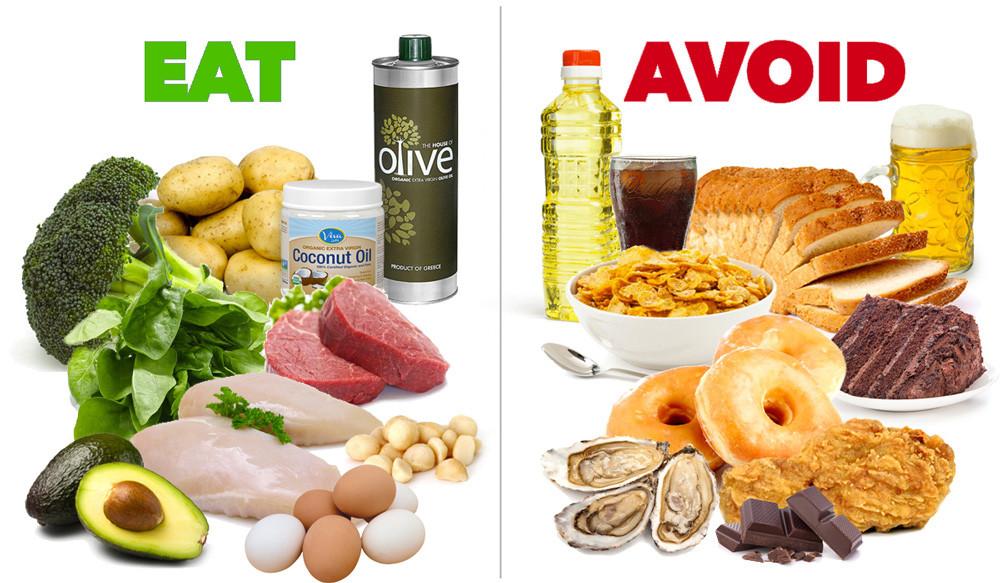Is there any area of health that seems more complicated than nutrition? There seems to be a never-ending parade of experts and fad diets that claim to be the solution to all your problems but often just end up causing new issues.
The most basic nutritional advice actually tends to remain the same. You need a balanced diet that contains a wide range of nutrients and where everything is consumed in moderation. There aren’t any foods that are outright banned or that if you just eat enough of them will have magical benefits. Too much of anything can cause harm, just as not enough of an essential nutrient can cause harm.
While these are the basic principles of a healthy diet, there are individual variations between every person. Genes and metabolism are things we can’t control that can have a pretty big impact on our nutritional requirements and how our body responds to what we eat.
Children have different requirements than adults when it comes to nutrition because they’re still growing. Professional athletes and those in jobs that involve a lot of manual labor are going to need to build more muscle than those of us who spend more time sitting behind a computer screen. There are lots of ways that your individual requirements may vary, in which case you may want to talk to a professional nutritionist about what’s best for you.
If you’re exercising a lot, you’re going to need energy, which generally comes from carbohydrates but can also come from fat. You need to eat before your session to make sure you have the fuel you need to get through it, and then again after your session (or during, if it’s on the longer side) to replenish your stores.
How effective carbohydrates are also depends on the type of carbs in question. Simple, sugary snacks can give a brief energy boost, but for a more long-term, sustainable source of energy, you need complex carbs like those found in bread and pasta, preferably from whole-grain sources rather than the more processed white stuff.
When it comes to growth and building muscle, especially if you have injuries that need repairing, it’s protein you need. This can come from meat, eggs, dairy products, or, if you’re a vegan or just like plant-based food, from beans, legumes, nuts and pulses. Proteins are made of amino acids, some of which can’t be produced by the body and need to come from your diet.
Then there are the vitamins and minerals that you get from all sorts of food, especially fruit and vegetables. Each one has its own role in different bodily processes. Everything from skin health and bone density to the immune system can be affected by vitamins and minerals.
Whole grains, fruit, vegetables, beans and pulses all also contain fiber, another essential nutrient with an important role in the digestive system and making sure food makes it through your body properly. The final main category of nutrient is water, something that needs constant replenishing if you don’t want to get dehydrated.
Nutrition isn’t a simple topic, but by adhering to some of its basic principles, you can ensure you have a balanced diet containing everything your body needs to work properly without overdoing any of it.




